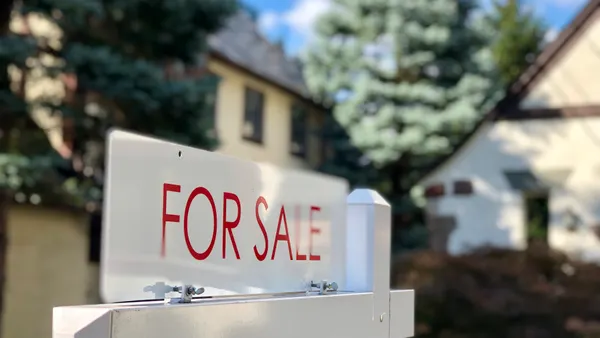Dive Brief:
- Data mobility company Coord has released Open Curbs to collect standardized public curb data, including locations of assets, painting and parking signs.
- Coord, backed by Alphabet’s Sidewalk Labs, had previously announced Curbs API, a tool that offers information on curb rules and permitted uses; Open Curbs provides raw data and will be publicly available.
- The data initially comes from Coord’s Surveyor augmented reality app, although Coord said it plans to integrate other data sources in the future. It will launch with data from Santa Monica, CA; Denver; Paris; Milan; Los Angeles and San Francisco.
Dive Insight:
Coord has touted itself as a “central nervous system” for the new mobility economy, offering data tools and APIs on everything from bike-share systems to parking. The launch of Open Curbs continues the company’s attention on curb space, which has become packed with pedestrians, deliveries, dockless vehicles, ride-hailing pick-up and dropoff zones.
“Before cities can evolve the curb, they have to be able to manage it,” Coord CEO Stephen Smyth wrote in a blog post on the new tool. But assets such as fire hydrants, parking signs and driveways aren’t always well mapped, and many cities still rely on pen-and-paper surveyors to record rules and assets. Coord has sought to digitize that information, first by allowing Surveyor app users to snap a picture and use augmented reality to position them on a map, and now by crunching raw data in API form. The new tool is available to the public, targeted to users like city planners, engineering firms, startups and community groups.
With more competition than ever for curb space, cities and tech companies are wrangling information on parking rules and assets. Washington, DC has been logging and digitizing its more than 200,000 street signs, and startup Mapillary is partnering with Amazon Rekognition to help digitize information from parking signs.
The data can help consumers and visitors, but can also be used to support pilot programs meant to reduce congestion. Three cities last month announced a collaborative pilot that will charge scooters and bikes for curb space, and more are eyeing their own regulations or pilots to free up the curb.











